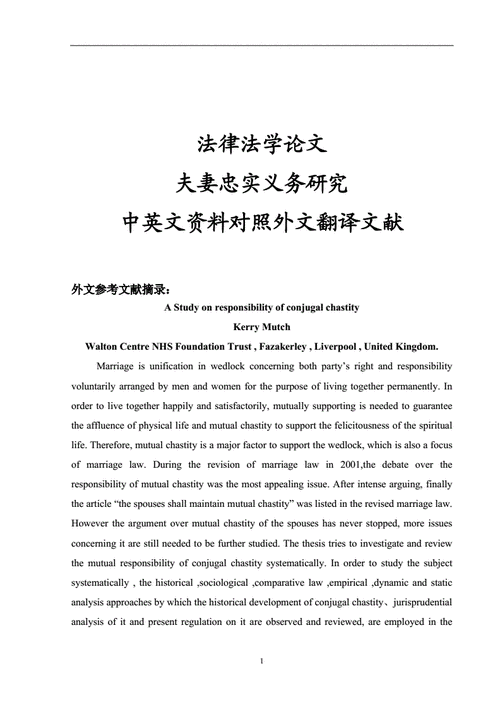Title: How to Express Legal Documents in English
When it comes to expressing legal documents in English, it is essential to adhere to specific conventions and terminology to ensure clarity, precision, and legal validity. Whether it's contract drafting, court pleadings, or legislative texts, following the right structure and language is crucial. Here are some key points to consider when expressing legal documents in English.
1. Use Clear and Precise Language:
Legal documents require language that is clear, precise, and free of ambiguity. It is important to use straightforward and unambiguous sentences to convey legal concepts and terms. Long and convoluted sentences should be avoided to prevent misunderstandings. Additionally, the use of legalese, or specialized legal terminology, should be restricted to terms of art, defined phrases, and specific legal concepts.
2. Follow Standard Structure and Formatting:
Legal documents in English typically follow a standard structure and formatting. This includes using numbered paragraphs for clarity and reference, clearly defined sections and subsections, and consistent formatting throughout the document. Headings and subheadings should be used to organize the content, and the use of bullet points and lists can help to present information concisely.
3. Be Aware of Legal Terminology:
A sound knowledge of legal terminology is essential when expressing legal documents in English. It is important to use terms accurately and consistently throughout the document. Additionally, attention should be given to the specific meanings and interpretations of legal terms in different jurisdictions, as legal terminology can vary between countries and legal systems.
4. Consider Cultural and Jurisdictional Differences:
When expressing legal documents in English, it is important to consider cultural and jurisdictional differences that may impact the interpretation of the document. This includes understanding the nuances of language usage in different Englishspeaking regions, as well as being aware of the specific legal requirements and conventions applicable to the relevant jurisdiction.
5. Review and Edit Diligently:

Thorough review and editing are crucial when preparing legal documents in English. Careful proofreading and editing help to eliminate errors, ensure consistency in language and terminology, and enhance the overall clarity and readability of the document. Legal professionals often use checklists and review processes to ensure the accuracy and quality of the final document.
6. Seek Professional Assistance if Necessary:
For complex legal documents or documents requiring specific expertise, seeking the assistance of a qualified legal professional or a specialized language expert is advisable. This is particularly important when working with crossborder transactions, international contracts, or documents with significant legal implications.
In conclusion, expressing legal documents in English requires attention to language, structure, terminology, and jurisdictional considerations. By using clear and precise language, following standard formatting, understanding legal terminology, considering cultural and jurisdictional differences, diligent review and seeking professional assistance when needed, legal professionals can ensure that their legal documents in English are effective, accurate, and legally sound.
Remember, the precise expression of legal documents in English is crucial to ensure legal validity and clarity in communication, and mastering this skill can greatly enhance legal professionals' effectiveness in their practice.
